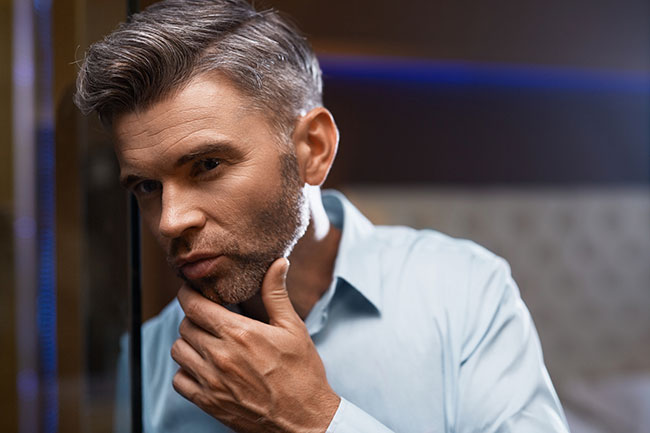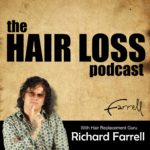Many people don’t spend much time or energy on their hair. Most of us are born with hair or grow a full head shortly after birth, and it becomes as much a part of us as an arm or leg, something so intrinsic that you don’t notice it’s there…until it’s not. Luckily, there are ways to fight back, you don’t have to stand by and helplessly watch your hair get thinner and thinner.
If you find that more of your hair is ending up in your comb, on your brush, or down your drain than in your hair, one of the first pieces of advice is to avoid hairstyles that stress the hair and encourage breakage. Make tight ponytails, tight braids, and cornrows a thing of the past. Once you’ve eliminated stressful styles from your life, focus on rejuvenating and strengthening your scalp. When your hair is dry, try brushing your scalp with a hard bristle brush to stimulate blood flow and therefore hair growth. You should also work on eliminating the stresses that you can from your life, and reducing those that can’t be fully eliminated. We all have some degree of stress in life, but too much will make you more susceptible to hair loss and counteract any of the previously mentioned steps you take to get your hair back.
Another thing to avoid is practices that are rough and damaging on your hair. Don’t wear heat-based styles and try to eliminate chemical treatments such as bleaching and relaxers or at least keep them to a minimum. Dryness is another issue that can encourage or speed up hair loss, so be sure that you use high-quality products to keep your hair moisturized. Don’t scrimp on your trims, either, because they will keep split ends at bay.
Last but not least, keep an eye on your diet. Believe it or not, what you eat can contribute quite heavily to hair loss. A bad diet often goes hand in hand with unhealthy hair. Foods that are high in sugar, carbohydrates and preservatives (think fast food and TV dinners) are very bad for your hair. Try to replace these types of food with choices that are lower in fat and higher in protein, such as lean chicken and fish. When it comes to nutrition, vitamin supplements can be helpful, but it’s also important to get as many vitamins and minerals as you can from the food you eat. This can be done by incorporating more fresh vegetables and fruits into your diet. The good news about these changes is that they will bring positive changes to your well-being in general, and not just your hair.
It’s hard to see your hair fall out, but there’s no reason to get depressed when there are so many options to stop the process and get back what you’re lost. Incorporate this advice into your lifestyle as much as possible. Chances are, you will solve your hair loss problem or at least see huge improvements.


